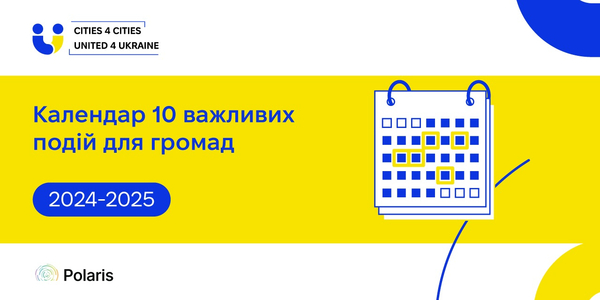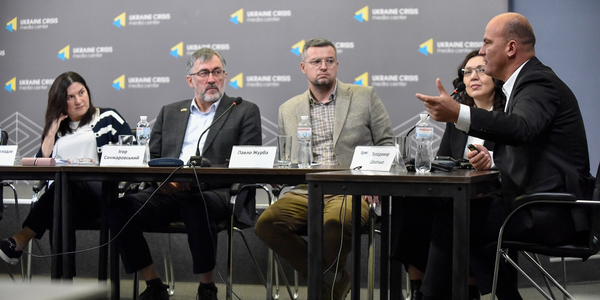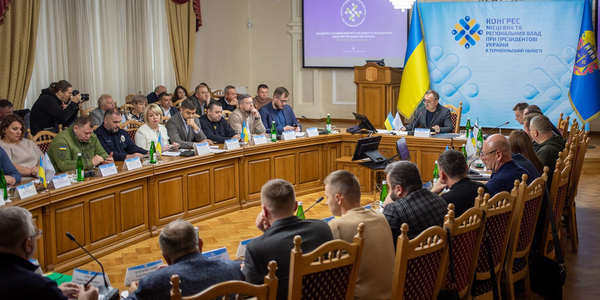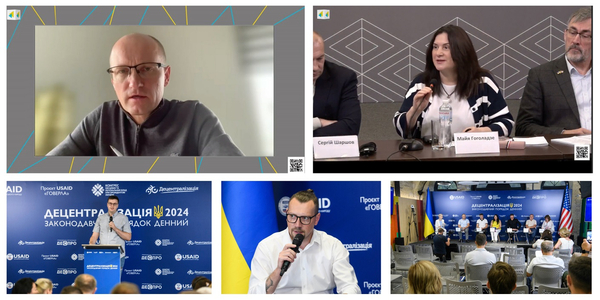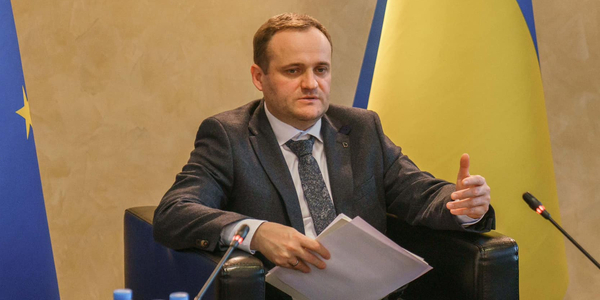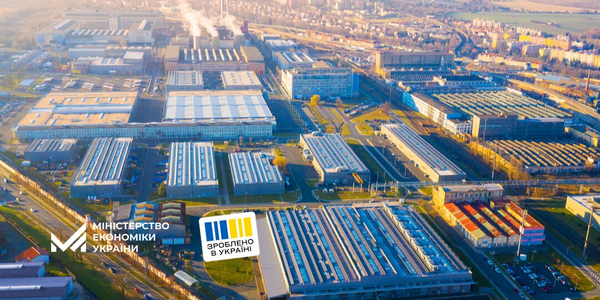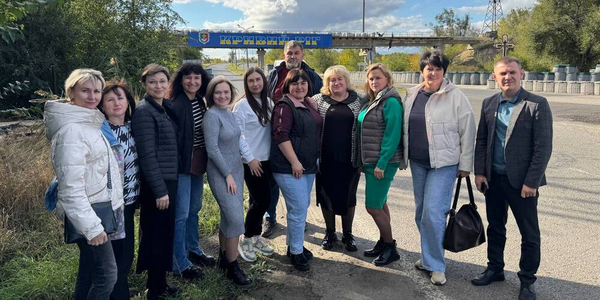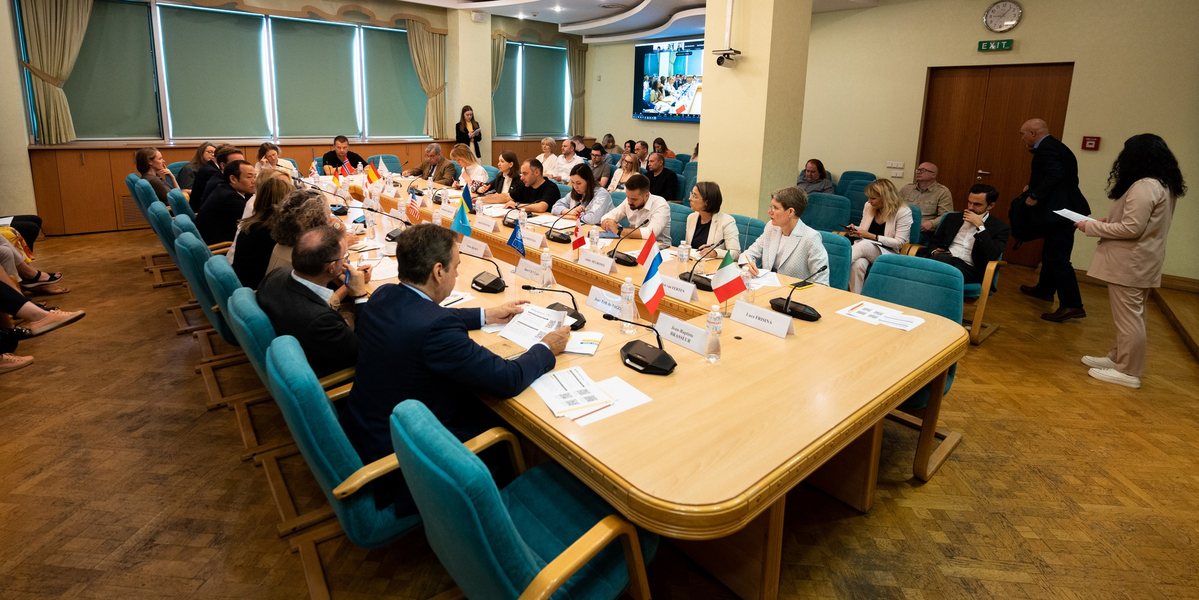
The first meeting of the Coordinating Council on Regional Policy and Decentralisation Reform was held with the participation of Oleksandr Kubrakov, Deputy Prime Minister for the Restoration of Ukraine, the team of the Ministry for the Restoration and international partners.
It introduced representatives of almost 20 foreign countries, international financial organisations, and donor projects to the current state of affairs in these areas, as well as to the Ministry’s plans to strengthen capacities and support municipalities.
“Successful recovery requires capable municipalities. Our objective as the Ministry is to provide the necessary support, both financial and consulting.
Together with international partners, we are working on creating a network of municipal support teams, a communication platform for promoting the reform, as well as on updating Ukraine’s Regional Development Policy. All these activities require daily coordination with all stakeholders. We have offered the heads of delegations practical tools for coordination and joint decision-making,” said Oleksandr Kubrakov.

As was stated by the Minister for Communities and Territories Development of Ukraine, priorities for cooperation with international partners also include the support of specific recovery projects in municipalities and updating Ukraine’s Regional Development Policy. According to Oleksandr Kubrakov, the latter should be based on 5 key priorities:
- Strategic planning and project management;
- Investments and interaction with donors;
- Anti-corruption measures;
- Digitisation and open-data management;
- Urban development.

Deputy Minister Oleksandra Azarkhina emphasised that the updated regional development policy should provide more opportunities for the public to participate in the management of their municipalities.
“The Draft Law, which fundamentally changes the approach to the functioning of the State Fund for Regional Development, has already been adopted by the Parliament. From now on, citizens will be able to choose the projects they want to see implemented in their oblast in Diia. In addition, municipality residents will be able to monitor and control the reconstruction process through the DREAM system, from the direct assessment of the damage to the audit of the restoration work.
We are also working together with MPs on Draft Law 7283 that will promote public participation in decision-making processes at the local level. The tools for this include local initiatives, public hearings, general meetings, petitions and consultations.
In addition, we are perfecting the process of regional development planning. For this purpose, we offer a digital tool, Geographic Information System for Regional Development. GIS allows you to make decisions, implement recovery plans and monitor their implementation based on up-to-date data. Regional and municipal development processes should be as digitised and efficient as possible,” said Oleksandra Azarkhina.
Another key direction is furthering the decentralisation reform, including the establishment of clear service standards for local self-government and improvement of its efficiency.
“The Decentralisation Reform is one of the most successful, and we are working to strengthen it. We already have Draft Law 6504 signed by the President of Ukraine, which makes services in local self-government bodies more professional and transparent. Draft Law 4298, which introduces prefectural-type local administrations, is currently under consideration by the Parliament. It will significantly improve the effectiveness of state supervision over the decisions of local self-government bodies.
The common goal of all our initiatives is strong, capable municipalities. In this direction, our priorities are European integration, European standards, smart planning for the municipal decision-making. We invite the expert community, stakeholders and international organisations to join our shared efforts,” said Olena Shuliak, Chairman of the Committee of the Verkhovna Rada of Ukraine on the Organization of State Power, Local Self-Government, Regional Development and Urban Planning.
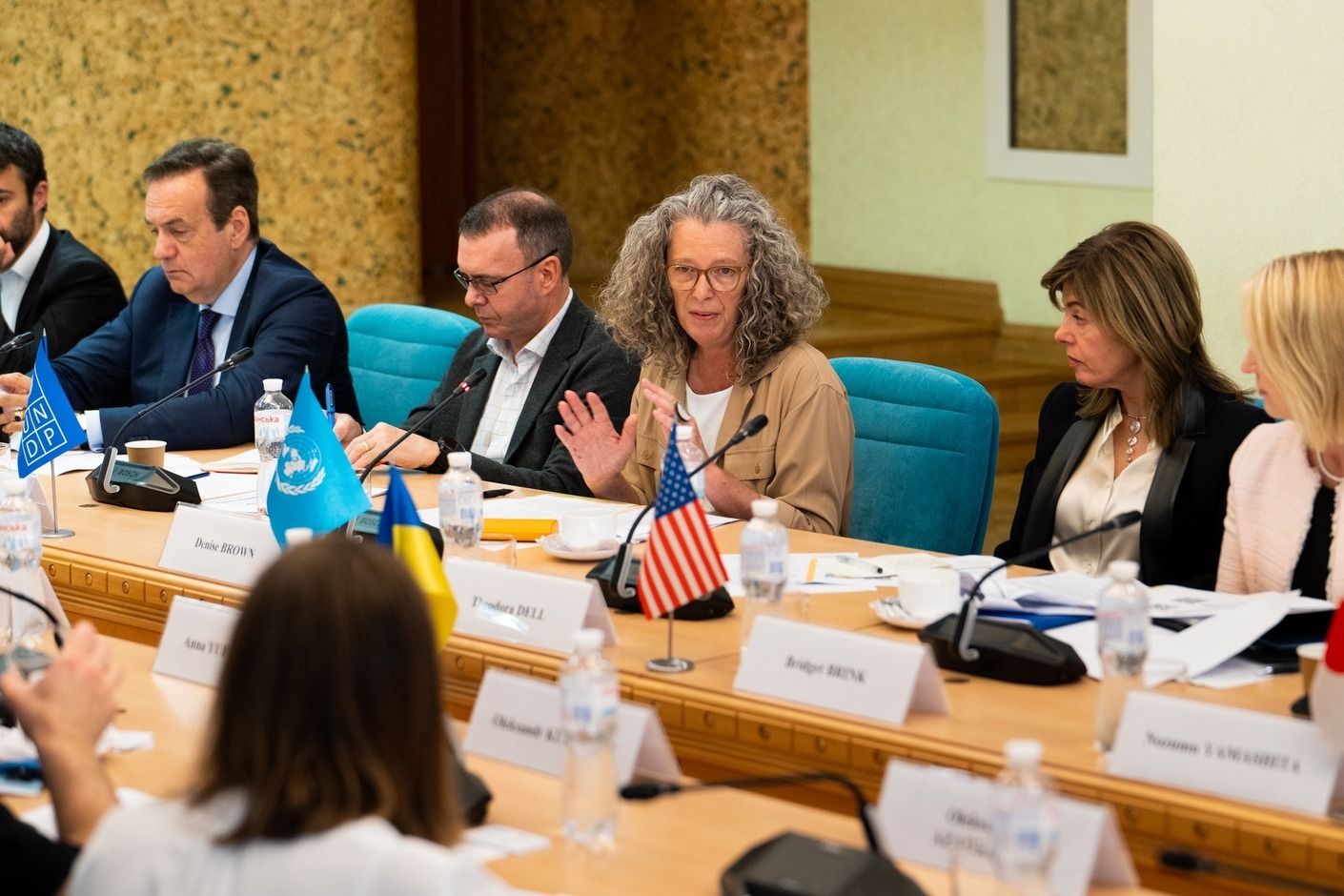
Representatives of the US, Canada, Japan, the UK, France, Spain, Germany, Italy, the Netherlands, Poland, Sweden, Austria, Norway, Estonia, the United Nations, the European Union, the USAID Agency, GIZ and other international organisations and projects took part in the meeting of the Coordination Council.
